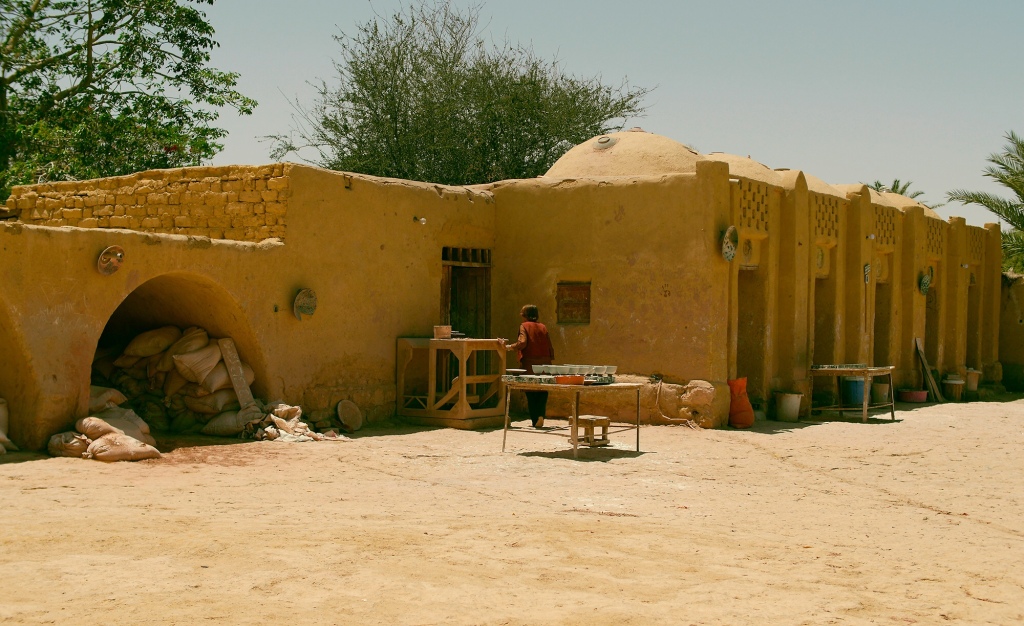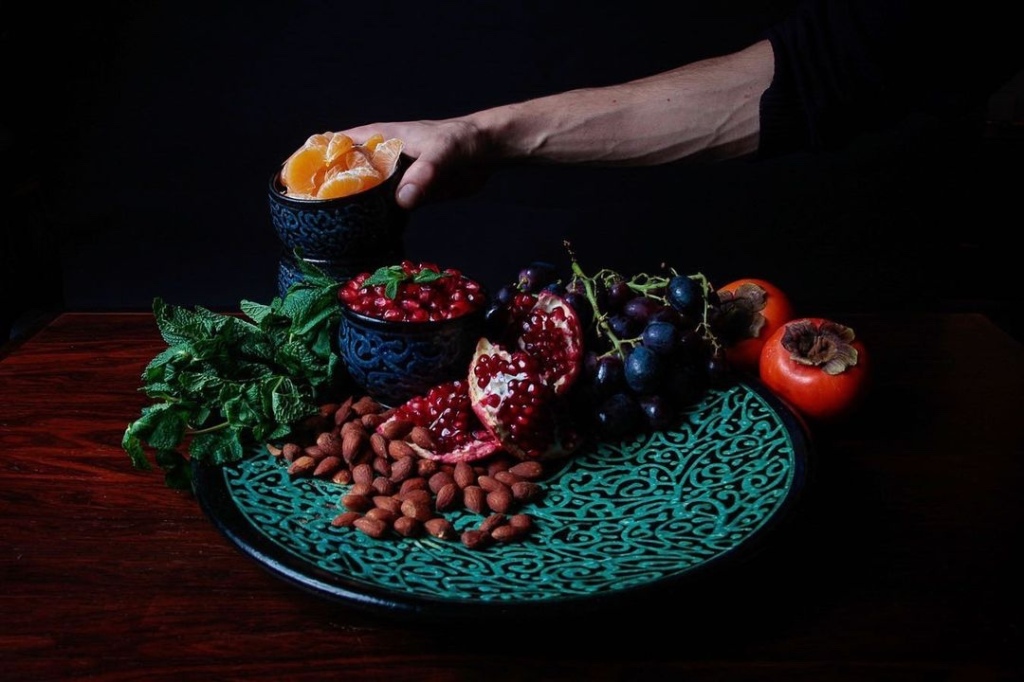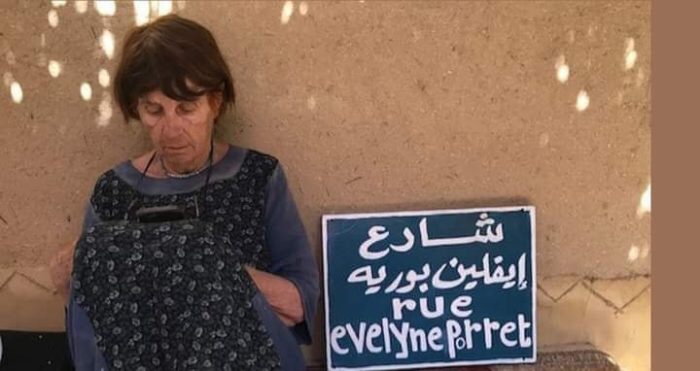Today, a new instagram account @mudhaf_ceramics started following Ceramics Today and brought to our attention the incredible story of Evelyne Porret, a Swiss ceramicist, who founded 30 years ago a pottery school in the oasis of Fayoun in Egypt.
Evelyne Porret was a Swiss ceramist. Her life was dedicated to pottery and Egypt, her country of adoption. She passed away in June 2021 leaving an incredible legacy in the village of Tunis in Egypt.
In 1960, after graduating from the School of Decorative Arts in Geneva, she moved to Cairo. After regular visits to ceramics workshops across Egypt during the 1960s and 1970s, she moved in 1977 with her husband Michel Pastore and their children to the oasis of Fayoum, in the southwest of Cairo.
With the help of local craftsmen and local materials, they built their house, studio and kiln. They exhibited in Paris, London, Geneva, Darmstatt, Kyoto, with retrospectives held at Musée de St Amand des Eaux (1990) and Musée de la Poterie Méditerranéenne (2011).

In 1984, Evelyne launched the Ptah Association for Training Urban and Rural Children in Ceramic Works. The school taught children and locals how to make a living through pottery skills.
Few like Riwaya became master potters and are using techniques similar to those that Islamic ceramics brought in its time to a high degree of know-how before disappearing.

In this mud brick structure, each student has a small workshop and a walking tour. Enamelling, firing and exhibition rooms are common. Each rotates or models its production, enamels and decorates it freely, then cooks it in a kaolin fiber oven drip-fed by oil.

Photo by @biophilia_matters
https://www.instagram.com/p/CVFsjUMo_ln/
Rawiya’s life was transformed by pottery
Rawya Abdel-Qader was one of the girls from the village that attended the pottery school founded by Evelyne Porret. In his documentary film “Rawya”, the late Egyptian director and journalist Ateyyat El-Abnoudy, told us how the experience transformed Rawiya’s life.
Rawiya is a central figure of Tunes and represents the core of the Fayoum Pottery School project. She is the first woman to have opened her own workshop in the village. Her work is distinguishable by tones of deep blues and blacks characterised by languid calligraphic patterns. She uses the beauty of the Arabic language freely interpreted to create loose abstract designs that adorn her classic and timeless pieces.
Sources:

You must be logged in to post a comment.